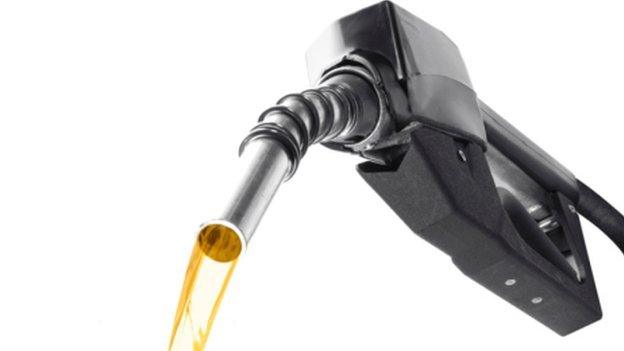Electric vehicles boost climate 'nirvana' in the Himalayas
- Published
- comments
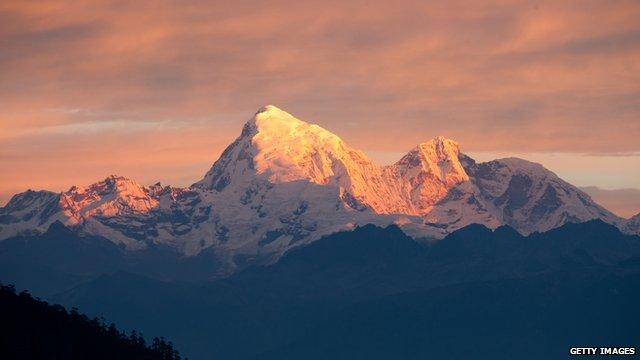
Bhutan's towering Himalayan peaks means it has a huge amount of hydro-powered electricity
Happiness? What's that?
Colleagues might say that a mouth full of cake and Ireland winning the rugby world cup would see me eternally content.
In fairness, one of the above might make me a tad less grumpy. For a while.
But surely the idea of "true" happiness is one of those concepts that only appeals to the young and the easily impressed - like Santa Claus. Or Kevin Pietersen.
Consider for a minute, a broader definition.
Take Bhutan, the tiny Himalayan Kingdom that many years ago adopted a Gross National Happiness index, external, as an alternative approach to measuring the country's prosperity.
The index is built on the idea that wellbeing, and the physical, spiritual and environmental health of the nation are a better measure of wealth than bog-standard GDP.
To many, including the UN, the idea seems a more sophisticated, grown-up, and dare I use the word, holistic, approach.
Bhutan is taking a similarly advanced approach to dealing with climate change.
In this strongly Buddhist country, where up to three-quarters of the population follow the religion, it's all about breathing in.
The law mandates that 60% of the territory must be covered in forest. Right now over 70% is under trees, the prime minister tells me.
So great are the forests, according to that Tshering Tobgay, that the country absorbs far more carbon than its 750,000 population can produce.
Even on a business-as-usual approach the country will still be carbon negative in 2040.
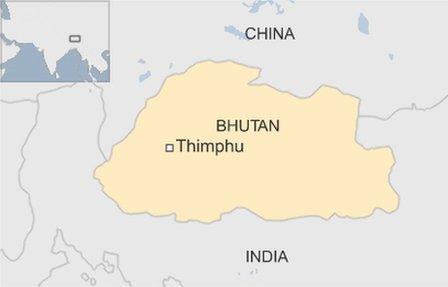
As well as inhaling all that CO2, the Bhutanese are pushing out large amounts of electricity to India, generated by hydropower, external from their fast flowing rivers.
The prime minister says that their waters hold the potential to offset 100 million tonnes of Indian emissions every year. That's around a fifth of Britain's current annual outpourings, external.
It's a bold statement from a country that ranks 166th out of 190 in World Bank wealth rankings.
Like all developing nations, there is enormous pressure to grow and increase incomes.
But the rush to improve the country's economy is unlikely to disrupt the silent practices of meditative monks - Bhutan is abuzz with electric cars, a form of transport that the government is keen to encourage.
"In Bhutan the distances are short, electricity is very cheap and because of the mountains you can't drive exceedingly fast, so all these combined to provide us with the opportunity for the investment, " Tshering Tobgay told me.
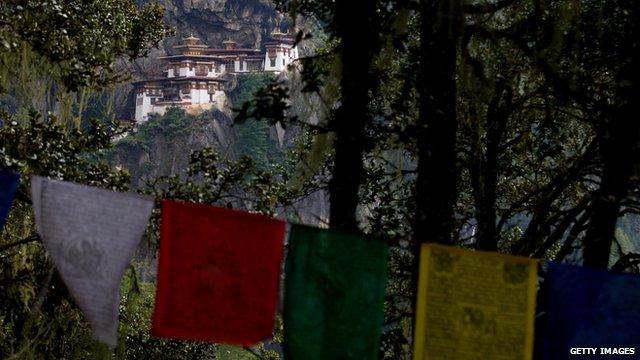
The government wants to promote the use of electric vehicles as a means of cutting emissions from transport
"We see ourselves on the one hand being able to use electric cars for our own purposes, to protect our environment, to improve our economy, but also to show in a small measure that sustainable transport works and that electric vehicles are a reality."
The government's plans envisage the capital city Thimpu, as a "clean-electric" city with green taxis for its 100,000 citizens - Bold plans for a city that at present doesn't have any traffic lights!
The country's approach to climate change has seen it declared a "role model" by Climate Action Tracker, external, an independent analysis group comprising four research institutes.
They are keeping a close eye on what's being pledged ahead of the Paris climate meeting later this year, where negotiators are expected to finally agree a new global treaty to tackle the issue.
Even though Bhutan is yet to submit a national plan for the period beyond 2020, its current intentions are seen as world beating.
And according to Dr Marcia Rocha, it's not just a question of Bhutan being spectacularly endowed with natural advantages.
"I think they are a country that culturally are very connected to nature, in every document that they submit it's there, it's just a very important focus of their politics," she told me.
However the modest Bhutanese PM rejects the idea that his country is the leader of the climate pack.
"I feel that calling Bhutan a role model is not appropriate, every country has their own sets of challenges and their own sets opportunities - Paris has to be about individual countries balancing their opportunities and constraints."
With the latest round of UN negotiations underway, external this week, let's hope this self-effacing, zen-like approach prevails as the serious political horse trading begins - but I won't be holding my breath.
Follow Matt on Twitter @mattmcgrathbbc.
- Published1 September 2015
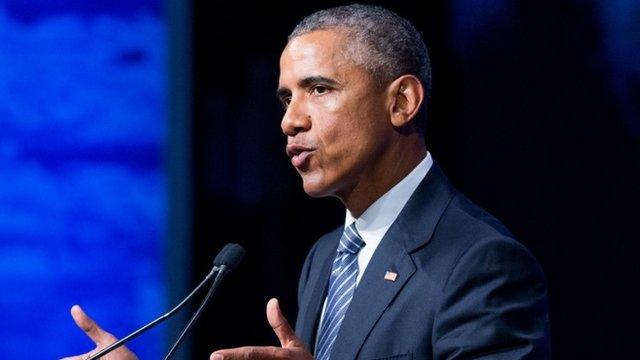
- Published25 August 2015
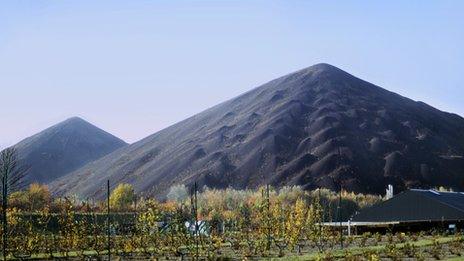
- Published1 September 2015
